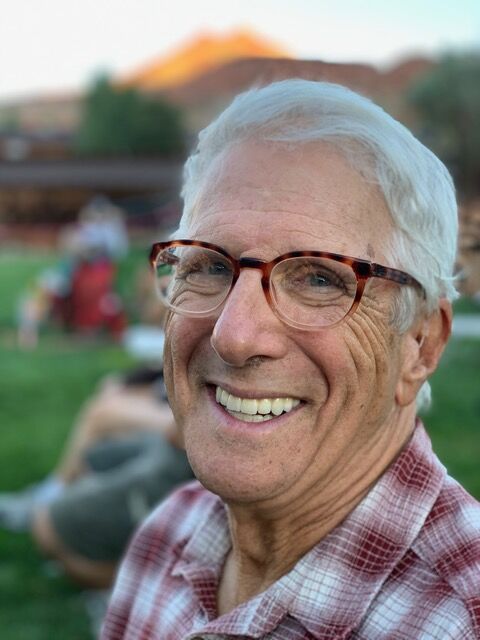Let’s start at the beginning. In the early 1990s, Grand County had a three-person, partisan, at-large county commission with no term limits, like the rest of Utah’s counties. The commissioners had both legislative authority as well as executive authority and were not subject to recall for anything but criminal acts.
In 1992, after a series of public missteps by the commission, voters got so angry that they changed the form of government to our present seven-member, non-partisan council with members subject to recall and bound by term limits.
The Utah State Legislature and many county commissioners took a dim view of this process, confused by the slow shift toward progressive politics in the area. Did the change in government cause the shift in Grand County’s politics, or was it the other way around? Opinions differed, but it seemed to be a burr under the saddle of conservative Utah elected officials.
The state legislature decided to put a stop to that. During the 2018 session, the passage of H.B. 224 forced Grand County to form a study committee to recommend a form of government that would not allow term limits or recalls and required partisan elections. If voters did not approve the plan, the county government would automatically default to a three-person county commission, elected at-large and with no term limits or recall.
In Grand County, both the county council and the local Republican Party moved to form separate study committees, leading to a lawsuit: a messy start that delayed the committee’s work by three months.
Our study committee went to work in March of 2019 with Gavin Anderson, reputed to be the state’s leading expert on forms of and changes in county government. We (I plead guilty to being a member of the committee) hired a national expert on voting districts to consult with us. We debated and voted on each thorny issue involved in the structure of a form of government. Most of the votes were unanimous, but a couple were highly contentious and resulted in close votes. That’s often how political discussions go in Grand County.
The choice looked clear: voters would decide between the Study Committee’s plan or defaulting to a three-person county commission. But in Grand County, there is never a dull moment in politics.
In the last few weeks, the Grand County Council adopted a couple of changes. Now if voters reject the Study Committee’s plan, the default would be to our current form of government without recall, term limits and non-partisan elections. The County Council also voted to “clarify” that it is an “expanded county commission” and not a council. It also put on this year’s ballot two additional questions for voters: should the commission be five or seven members and should all members be elected at-large or should some be elected in districts?
For the second time in the Grand County change of government process, a lawsuit has been filed. Represented by Study Committee member and attorney Stephen Stocks, plaintiffs Marcy Clokey-Till (also a Study Committee member), retired Grand County Council administrator Ruth Dillon and former county council member Elizabeth Tubbs asked the court for an emergency injunction, arguing that the “clarification” was really a change and thus should go to voters.
Further, they say that none of these questions should be on the ballot until voters approve or reject the Study Committee’s plan. County officials, of course, disagreed.
So that’s where it now stands. At this moment, it is not clear whether or not we now have a commission or a council and whether or not the voters will be asked to decide more than whether or not they like the Study Committee’s plan.
If you have reached this point in the article, you can consider yourself a bona fide political junkie, or perhaps an informed voter. Your choices in November are sort of clear: If you want a county council and not a commission, your only choice is to vote for the Study Committee’s recommendation. If you want a county commission, you may have several choices depending on how the lawsuit turns out, but you will have to vote against the Study Committee’s plan.
No matter what side you support on these complicated issues, it is likely that Grand County politics will continue to be complicated, contentious and interesting for years to come.
Bob Greenberg is a former county council (or commission) member and was a member of the Grand County Change In Form of Government Study Committee. He has lived in Moab for 44 years and retired from Four Corners Community Behavioral Health as its executive director. He has one daughter, two grandchildren, five chickens, and a large, but hard-to-count, number of fish.
This piece has been edited for length and clarity.



